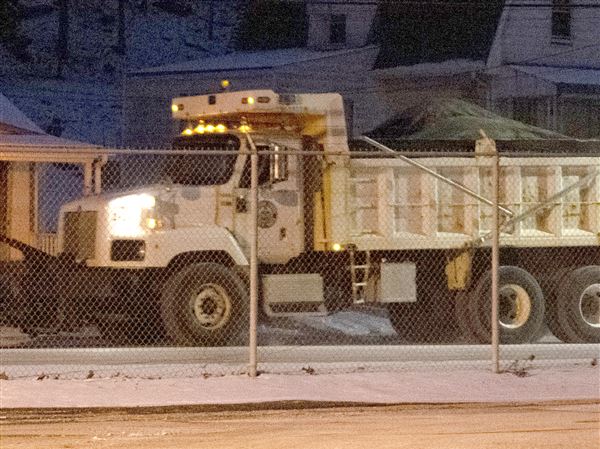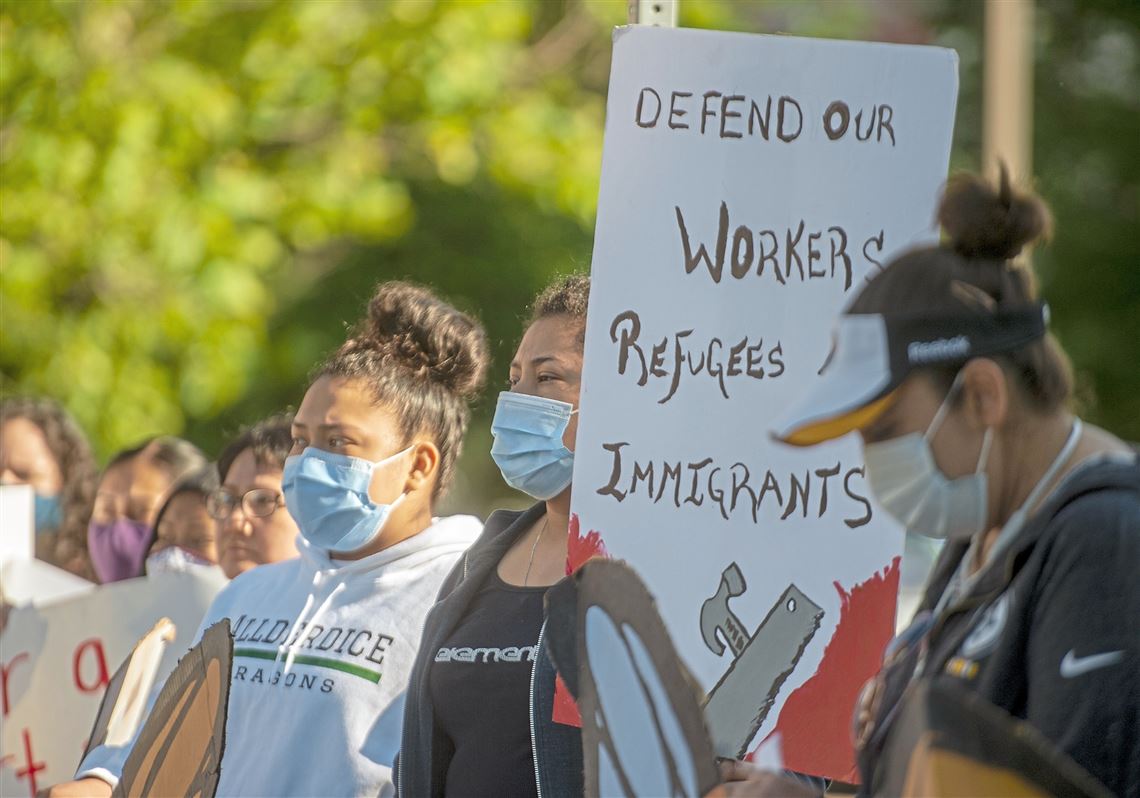Until April, Pittsburgh had a remote hearing site where undocumented immigrants could join in their hearing without traveling all the way to Philadelphia. Apparently, due to budget and staffing constraints, the federal government closed the site.
Pittsburgh was already in an immigration court desert. While border states like California and Texas have dozens of courts, few serve immigrants in Appalachia and the Midwest. The desert just got worse.
After the 2021 closure of the Louisville immigration court, there are no courts in the entire Ohio Valley. Undocumented immigrants in St. Louis must travel several hours to Kansas City, those in Chicago to Indianapolis, those in Cincinnati to Cleveland. And those here in the Pittsburgh region, again, must travel to Philadelphia. So do those in West Virginia.
The limitations on the Executive Office for Immigration Review (EOIR), which runs the immigration court system, are systemic. There is a backlog of over 1.8 million cases that will determine the future of migrants in this country. Closing low-overhead hearing sites like Pittsburgh’s ensures that backlog won’t be whittled down any time soon.
Why is all this a problem? The United States grants immigrants the legal right to a hearing. It imposes on them the duty of appearing at the hearing. That requires in turn that the federal government make exercising their rights and fulfilling their duty a real possibility.
They have the choice now of making their way to Philadelphia or using a personal device to attend their own hearing remotely.
Aren’t remote hearings on personal devices sufficient? Not at all. A Southwestern Pennsylvania Commission report revealed that 58% of Latino residents in the region connect their home devices to the internet through their cell phone plans, and 91% don’t have an internet-connected device beyond a smartphone. This is not sufficient to reliably access the remote hearing system.
And getting to and from Philadelphia can be a struggle for people who may not have cars, money for the train or bus, and more money for food and lodging, someone to care for their children, or the time to spare from work. The requirement that they go to Philadelphia can be an insurmountable barrier to accessing their basic legal rights.
An immigration system that takes both migrants’ dignity and the rule of law seriously would make its courts as accessible as possible.
First Published: June 14, 2022, 8:40 p.m.

















